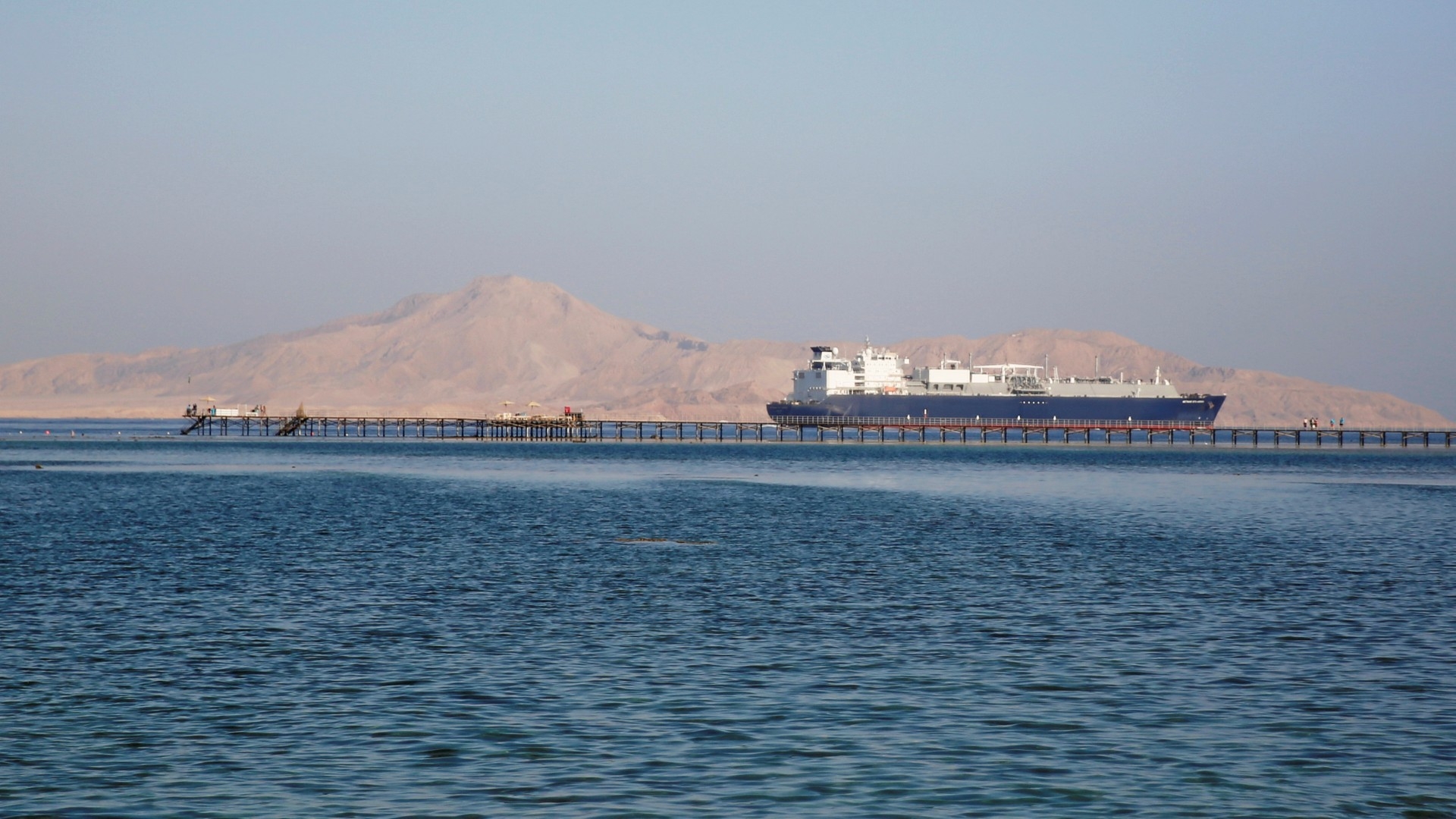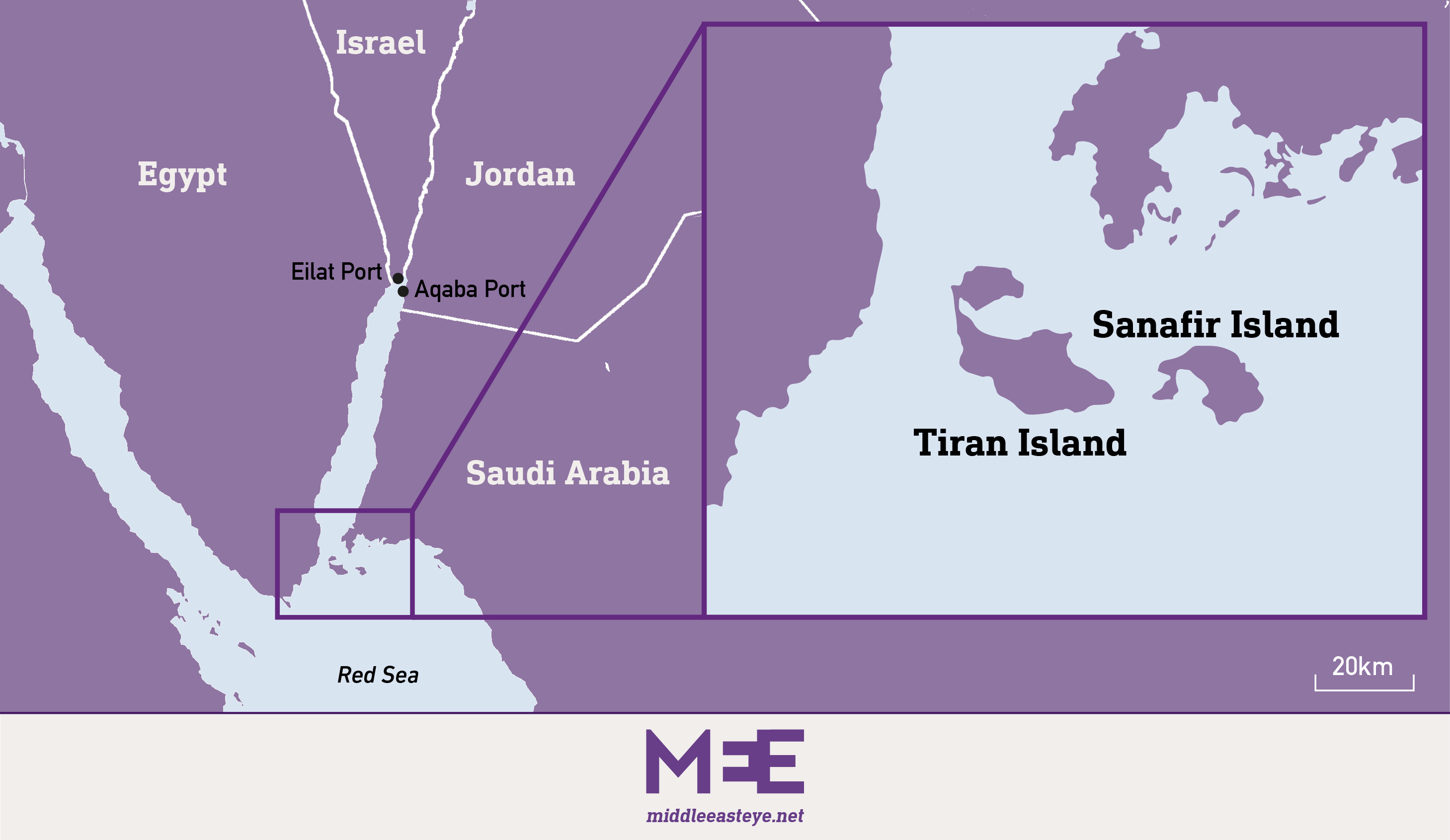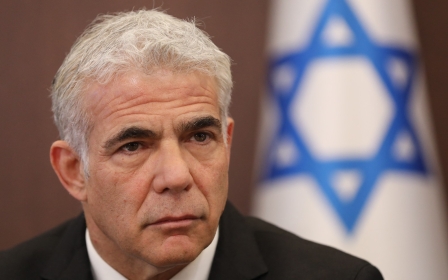Israel accepts security arrangements allowing Egypt to transfer islands to Saudi Arabia

Israel will agree to new security arrangements that will allow Egypt to transfer control of two strategic islands in the Red Sea to Saudi Arabia, the Jerusalem Post reported on Thursday.
According to the Post, Israel will allow a multinational force of observers stationed on the Tiran and Sanafir islands - which ensured freedom of navigation at the Strait of Tiran - to be relocated to Egypt.
In return, Saudi Arabia will allow Israeli airlines to fly over its airspace. Currently, only Israeli flights to the United Arab Emirates and Bahrain can fly over the kingdom, as well as Air India flights to and from Israel.
The Post reported that the agreement will be announced later this month when US President Joe Biden is expected to visit Israel and Saudi Arabia. According to reports, Biden could meet Saudi Crown Prince Mohammed Bin Salman during his visit.
Biden campaigned on making Saudi a "pariah" state and signed off on the release of a CIA document that blamed MBS for the murder of Middle East Eye and Washington Post columnist Jamal Khashoggi.
New MEE newsletter: Jerusalem Dispatch
Sign up to get the latest insights and analysis on Israel-Palestine, alongside Turkey Unpacked and other MEE newsletters
The Tiran and Sanafir islands - strategically located at the sea passage to the ports of Aqaba in Jordan and Eilat in Israel - were occupied by Israel in 1967 during the Six Day War, before being handed back to Egyptian control in 1982, four years after the two sides signed the Camp David peace accords.
Saudi Arabia has long claimed ownership of the islands and said Egypt controlled them since 1950 for protection at the request of Riyadh.
In 2017, Egypt's Supreme Court approved a deal between the two countries that ceded the islands to Saudi Arabia despite public anger against the move.
Thursday's report comes against the backdrop of a normalisation push by the US between Israel and several Arab states.
In 2020, Israel signed deals with the United Arab Emirates, Bahrain, Morocco, and Sudan, in what became known as the Abraham Accords.
On Wednesday, US Secretary of State Antony Blinken highlighted Riyadh's potential role in expanding normalisation with more Arab and Muslim countries.
"Saudi Arabia is a critical partner to us in dealing with extremism in the region, in dealing with the challenges posed by Iran, and also I hope in continuing the process of building relationships between Israel and its neighbours both near and further away through the continuation, the expansion of the Abraham Accords," Blinken said at a virtual event celebrating the 100th anniversary of the founding of Foreign Affairs magazine.
Saudi officials have recently spoken about potentially normalising ties with Israel, but insist the country will not move forward until progress has been made on addressing the Israeli-Palestinian conflict.
"I think we have always seen normalisation as the end result, but the end result of a path," Saudi Foreign Minister Prince Faisal bin Farhan al-Saud said last week at the World Economic Forum in Davos, Switzerland.
"We always envisioned that there will be full normalisation with Israel, and I’ve said before that a full normalisation between us and Israel, between the region and Israel, will bring immense benefits - we won’t be able to reap those benefits unless we address the issue of Palestine."
Touted by former president Donald Trump and his aides as a great diplomatic achievement, the normalisation deals between Arab states and Israel did not solve the conflict between Israelis and Palestinians, and none of the normalising Arab countries had ever been at war with Israel.
Israel continues to build and expand settlements in the occupied Palestinian territories in what amounts to de-facto annexation of the land on which a future Palestinian state would be established.
Middle East Eye reached out to the White House, the embassy of Saudi Arabia in Washington and Israel's foreign ministry for comment, but did not receive a response by the time of publication.
Middle East Eye delivers independent and unrivalled coverage and analysis of the Middle East, North Africa and beyond. To learn more about republishing this content and the associated fees, please fill out this form. More about MEE can be found here.






